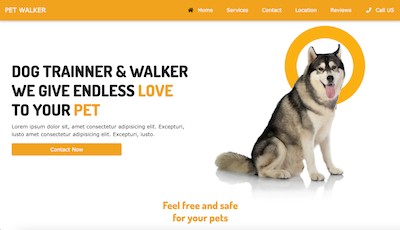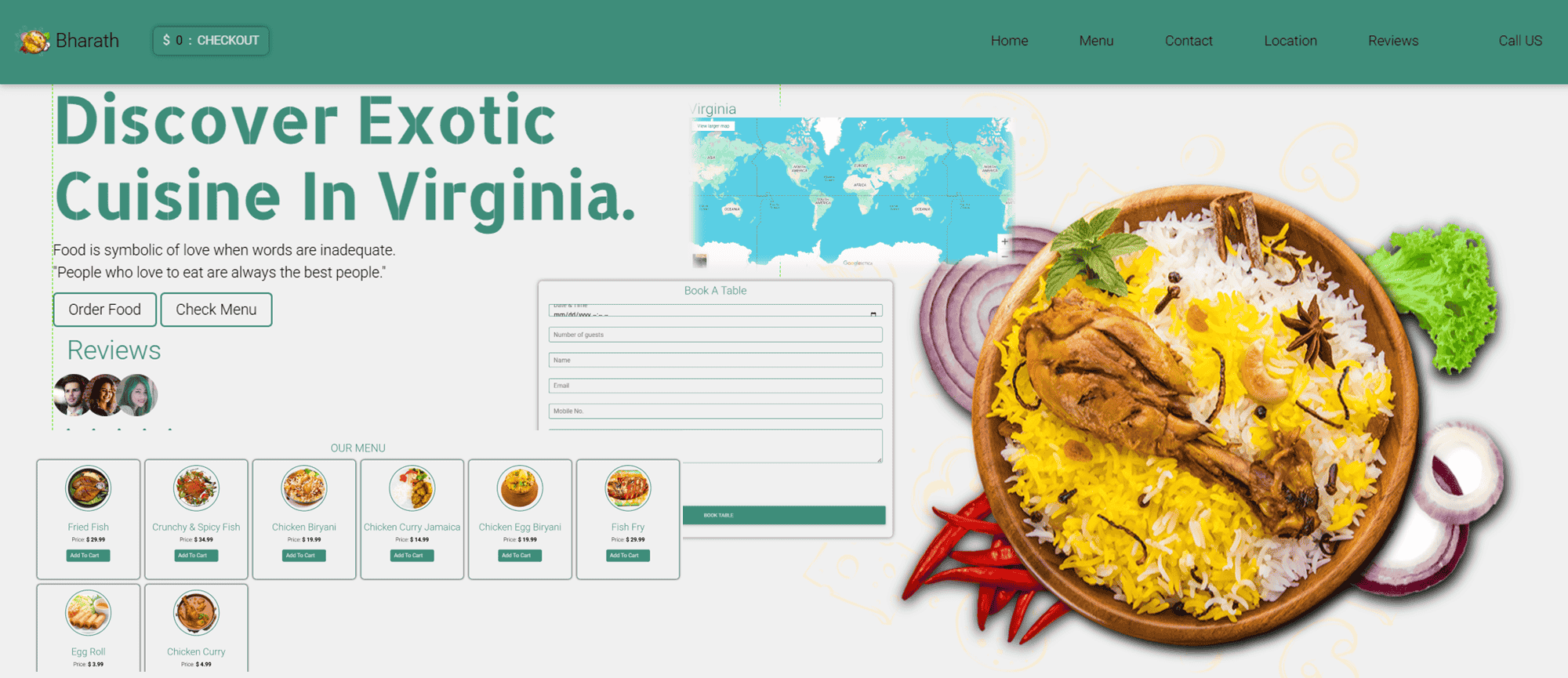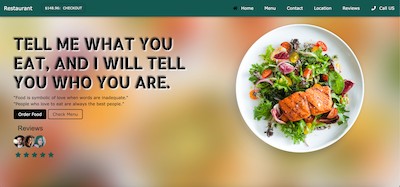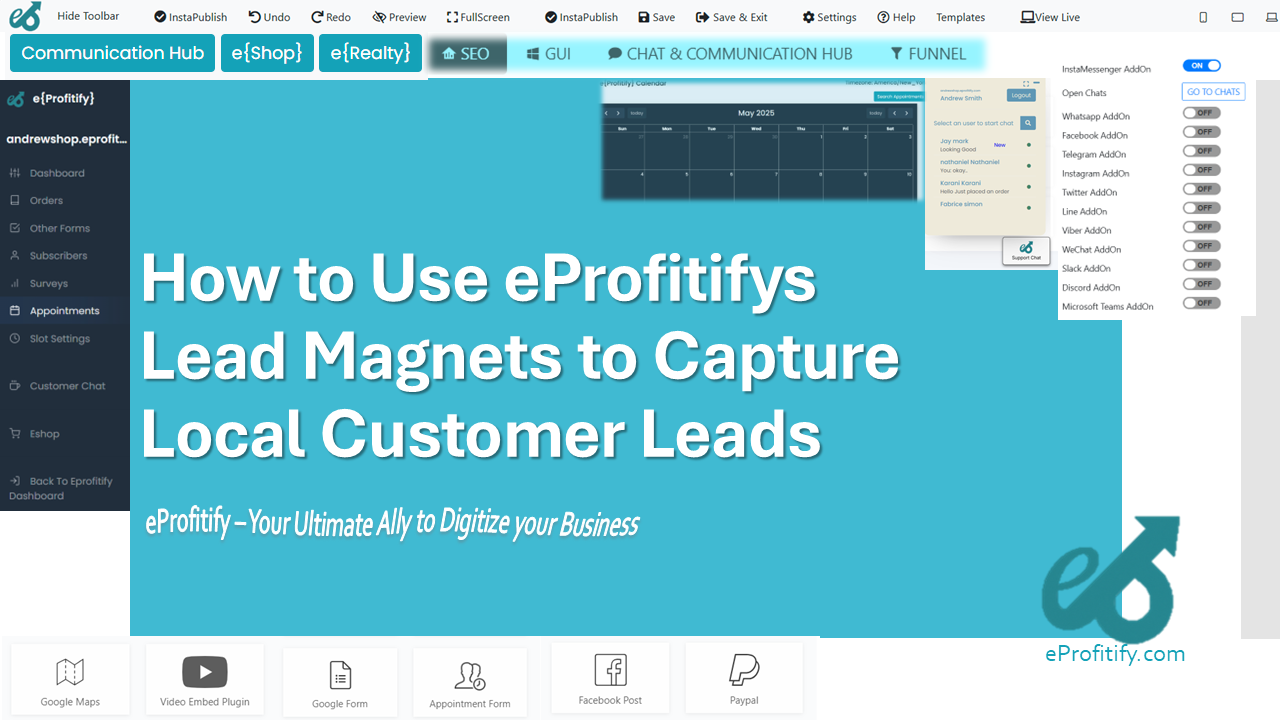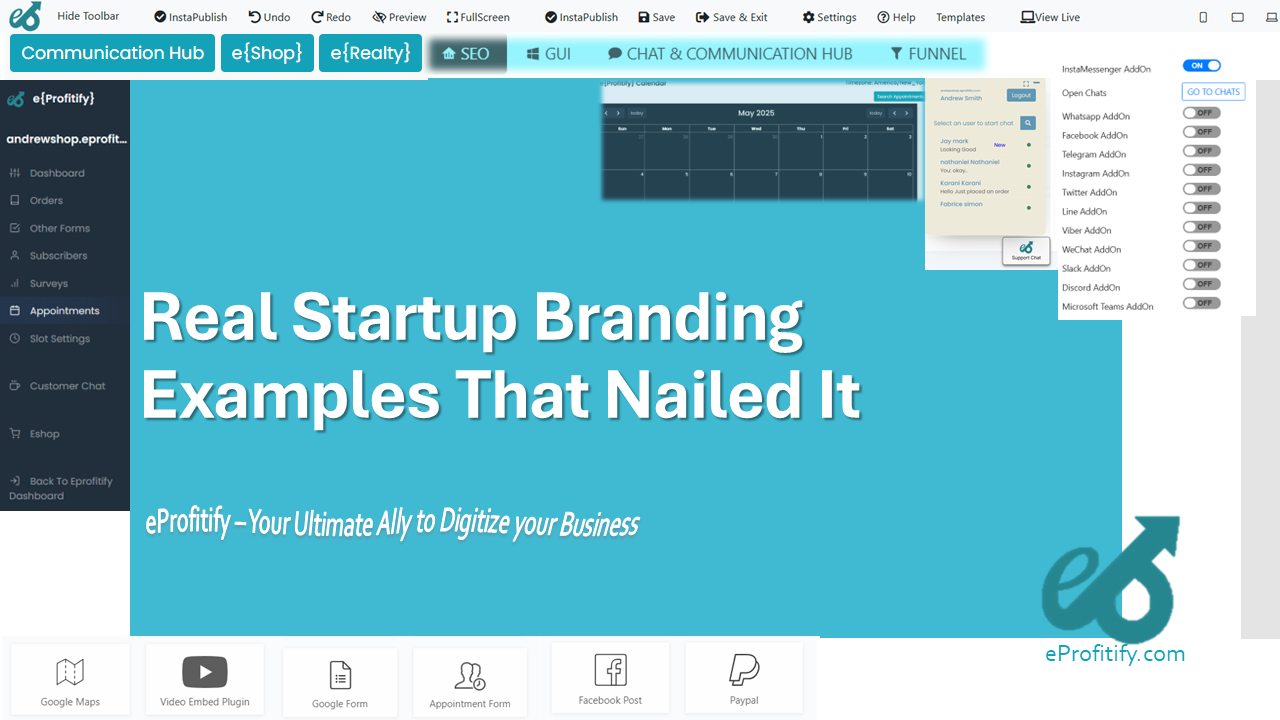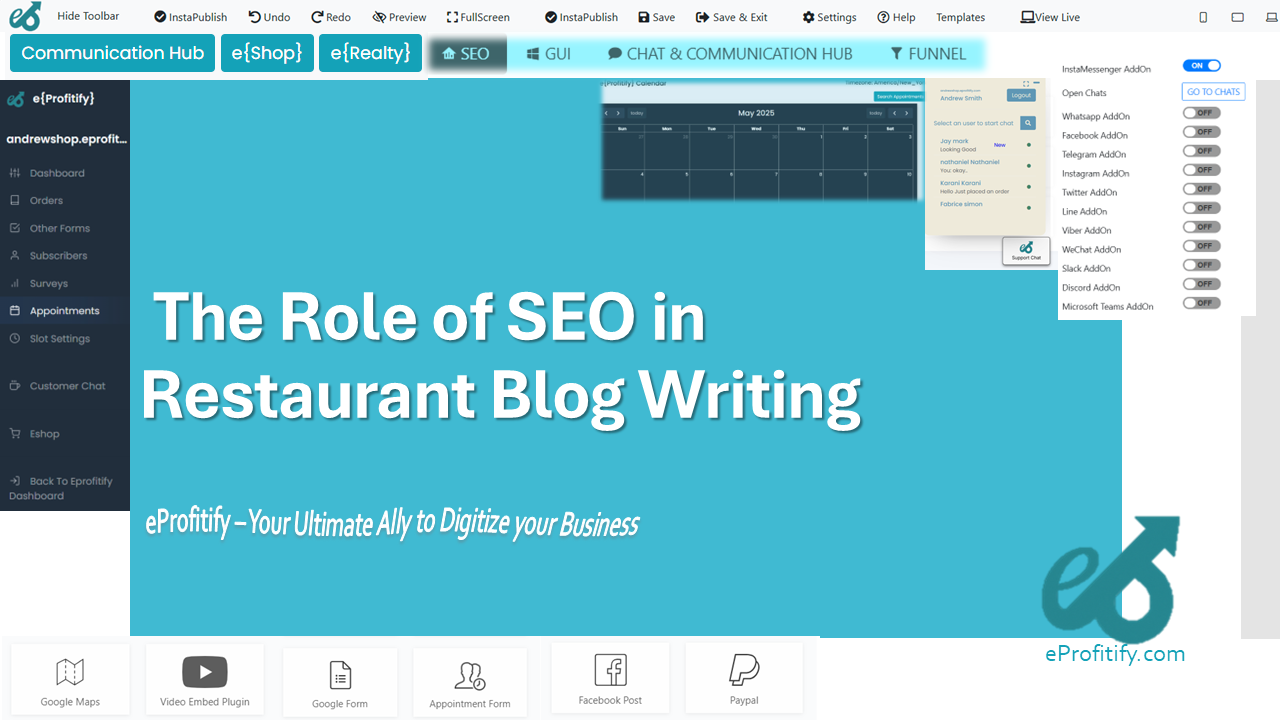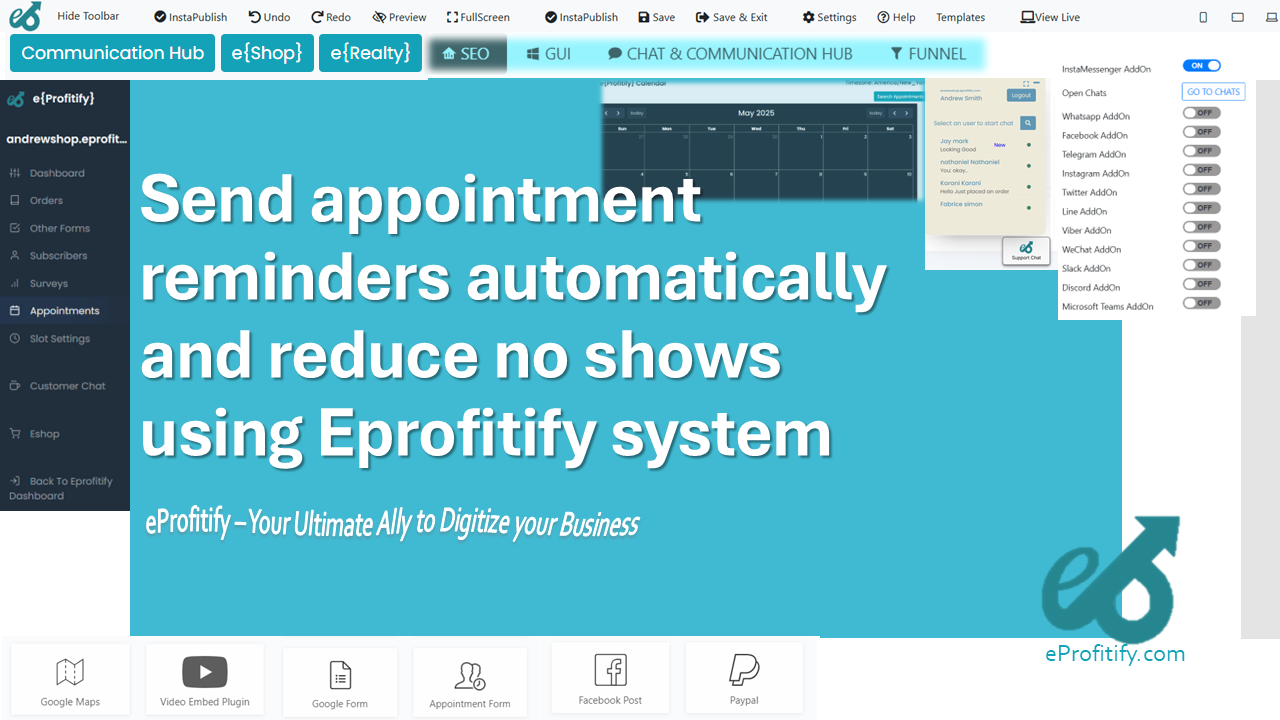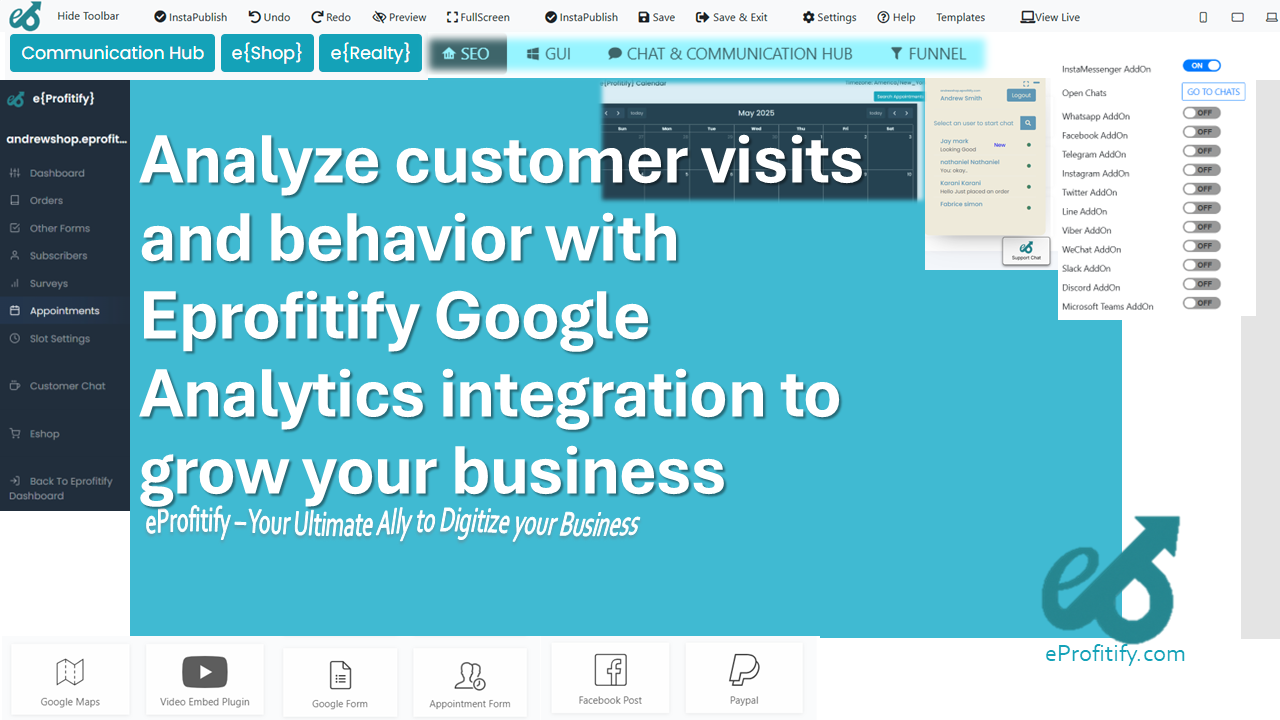Best Ways to Combine Words for New Business Name Ideas
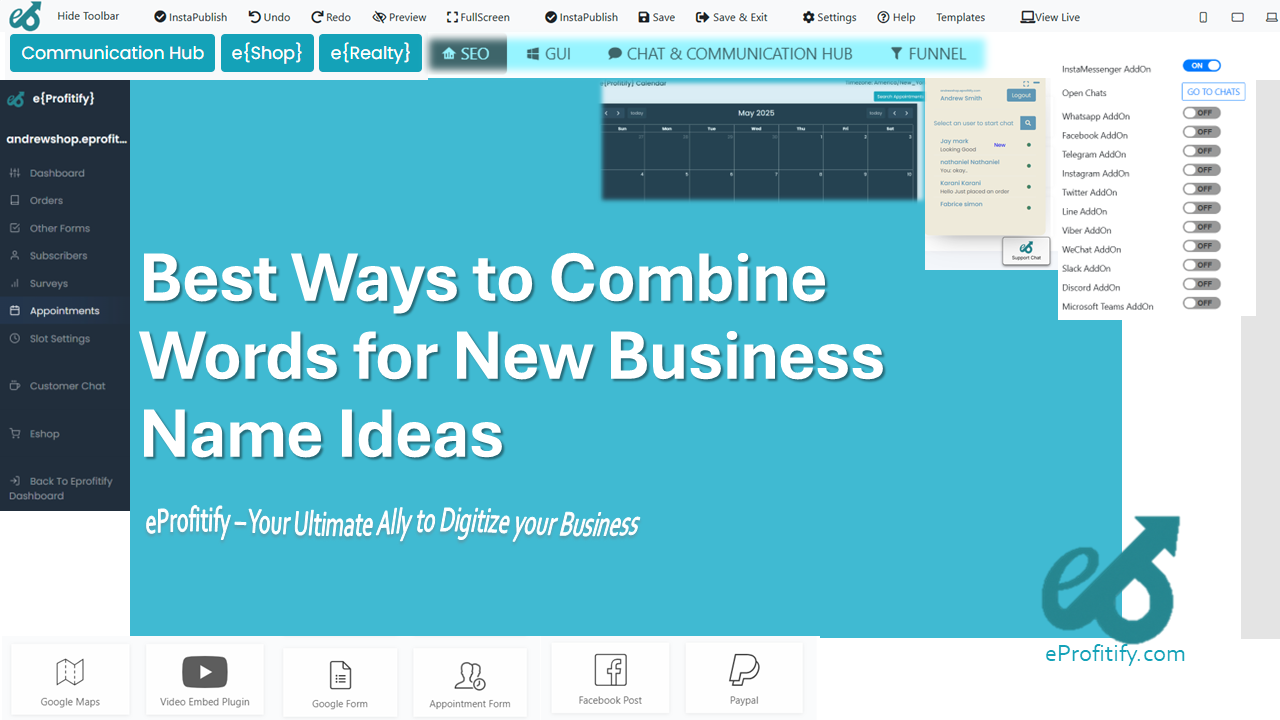
Schedule a LIVE Zoom call with an eProfitify Expert.
Creating a compelling business name is a critical first step in establishing brand identity and market presence. With 77% of consumers making purchasing decisions based on brand names alone (Shopify, 2023), the stakes are high. Below, we explore the most effective methods to combine words for fresh business name ideas, backed by data, and highlight how eProfitify—a leading website publishing and management platform—supports businesses in scaling their operations post-naming.
1. Blend Words (Portmanteaus)
Combining parts of two words to create a new one is a classic strategy. Examples include Netflix (Internet + Flicks) and Instagram (Instant + Telegram). Portmanteau names are memorable and often domain-friendly. A 2022 survey by Brandfolder found that 63% of startups using blended names secured a .com domain within six months, compared to 41% using literal names.
2. Metaphors and Idioms
Words that evoke imagery or cultural references resonate emotionally. Amazon (evoking vastness) and Red Bull (symbolizing energy) are iconic examples. Nielsen reports that brands using metaphorical names see a 29% higher emotional connection with audiences, directly influencing customer loyalty.
3. Alliteration and Rhyme
Names like Coca-Cola, PayPal, and Best Buy leverage rhythm for memorability. Studies show that alliterative names are 34% easier to recall than non-alliterative ones (Stanford University, 2021). Rhyming names also perform well in crowded markets, with 72% of consumers finding them more trustworthy (Entrepreneur Magazine).
4. Suffixes and Prefixes
Adding “-ify,” “-ly,” or “neo-” to existing words can modernize a brand. Spotify (combining “spot” and “identify”) and NeoConnex (a tech startup) exemplify this. According to NameMesh, 55% of businesses using suffixes/prefixes report higher search engine visibility due to keyword integration.
5. Geographic and Cultural Terms
Embedding location-based words (Brooklyn Brewery) or cultural terms (Nike—Greek goddess of victory) adds authenticity. A 2023 Statista study revealed that 48% of consumers prefer brands with locally resonant names, citing them as “more relatable.”
6. Foreign Language Words
Using foreign terms can convey uniqueness or sophistication. Häagen-Dazs (Danish-sounding, though invented) and Samsung (“three stars” in Korean) are global successes. Research by WPP shows that 39% of Fortune 500 companies use non-English words in their names to appeal to international markets.
7. Acronyms and Abbreviations
Shortening phrases into acronyms—e.g., IBM (International Business Machines)—creates brevity. However, simplicity is key: MIT’s Linguistics Lab found that acronyms with 3–4 letters have a 58% higher recall rate than longer variants.
8. Descriptive Hybrids
Mixing descriptive words with industry terms ensures clarity. Salesforce (sales + force) and QuickBooks are instantly recognizable. A Nielsen study notes that 67% of consumers trust descriptive names more, as they immediately communicate the business’s purpose.
9. Emotional Triggers
Words evoking feelings—JoyFit, TranquilHome—build personal connections. Brands using emotional triggers in names see 22% higher engagement on social media (Sprout Social, 2022).
10. Test and Iterate
Once a name is shortlisted, validate it using tools like eProfitify’s instant messaging and CRM features to gather feedback from focus groups. Platforms like eProfitify streamline stakeholder communication, enabling quick iterations based on data-driven insights.
How eProfitify Elevates Your Business Beyond the Name
After selecting a name, eProfitify’s integrated tools help businesses thrive. Its appointment management system optimizes scheduling, while ecommerce capabilities support seamless online sales. The CRM module tracks customer interactions, enhancing retention, and instant messaging fosters real-time collaboration. With analytics dashboards, businesses can measure name impact on traffic and conversions, ensuring alignment with growth goals.
In conclusion, combining creativity with data-backed strategies elevates naming success. Leveraging tools like eProfitify ensures that after the name is chosen, operational efficiency and customer engagement drive long-term profitability.
